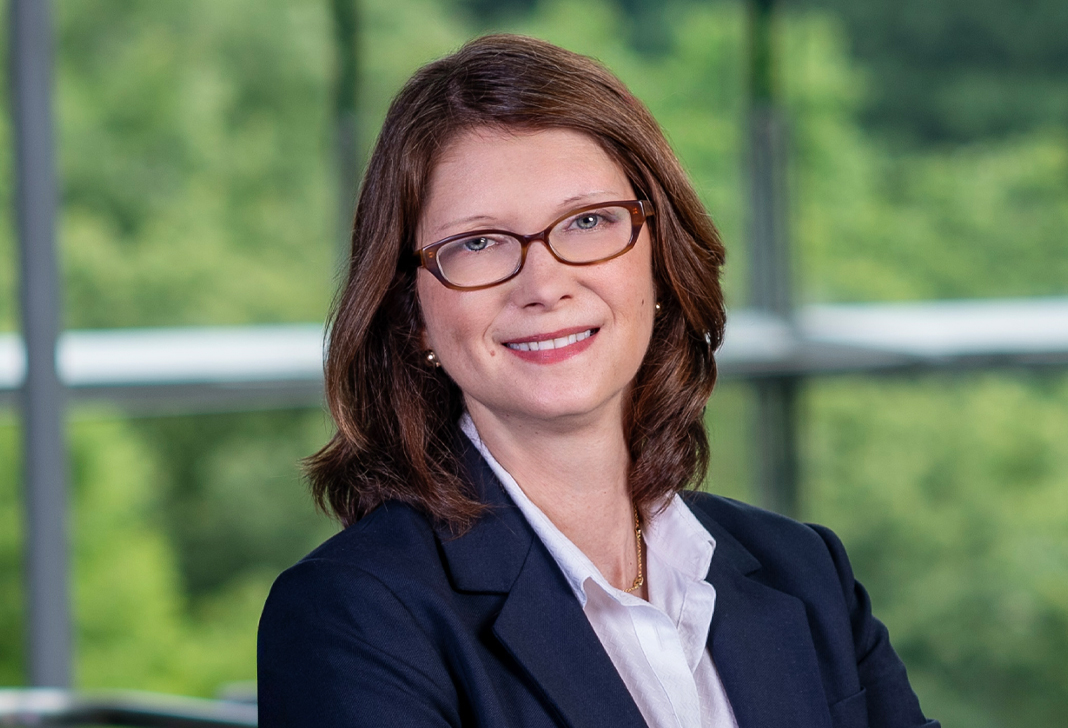
U.S. Supreme Court Ends Decade-Long Software Copyright Battle: Google Wins
U.S. Supreme Court holds that Google's use of a small fraction of Oracle's Java SE API code for its Android platform is a fair use under copyright law.
On April 5, 2021, the U.S. Supreme Court ended a more than 10-year battle between Google and Oracle over copyright infringement claims concerning Google's Android mobile platform and Oracle's Java programming language. In a 6-2 opinion authored by Justice Breyer (Justice Barrett did not participate), the Court held that Google's use of a small fraction of Oracle's Java SE API code for its Android platform was protected under copyright's fair use doctrine. Although ruling for Google on fair use, the Court did not address the question of whether Oracle's API declaring code was entitled to copyright protection, instead assuming "for argument's sake" the code was copyrightable.
The Court's ruling resolves what some have called "the copyright case of the decade." It all began when Google used some of Oracle's Java application programming interfaces ("APIs") to develop its Android smartphone platform, which Google introduced in 2007. (APIs are prewritten packages of code that allow software programs to interact.) Oracle sued Google in 2010, seeking as much as $9 billion in damages and accusing Google of copying roughly 11,500 lines of declaring code from the Java SE API (about 0.4% of the total Java API code) in the Android platform.
Before making its way to the Supreme Court, the case was tried twice before the district court and heard twice by the Federal Circuit. After the first trial, the district court held that the Java SE API code was not copyrightable. The Federal Circuit, however, reversed that decision in 2014 and remanded for a jury trial on fair use. At the second trial, the jury found for Google on fair use. The Federal Circuit reversed that decision as well in 2018. The Supreme Court's decision throws out the Federal Circuit's 2018 decision in its entirety.
The Court held that fair use, while a "mixed question of fact and law," should be treated and reviewed as "a legal question, de novo." It went on to conclude that Google's incorporation of a portion of the Java SE API was "a fair use of that material as a matter of law" because "Google reimplemented a user interface, taking only what was needed to allow users to put their accrued talents to work in a new and transformative program." Justice Thomas, joined by Justice Alito, dissented and disagreed with the result, stating that they would have held the Java SE API declaring code copyrightable and further opining that the Court should have decided that question rather than simply assuming copyrightability, because consideration of that question informs whether use of a copyrighted work is fair. The Court's decision is likely to have a significant impact in the application of the fair use doctrine in software cases going forward.





